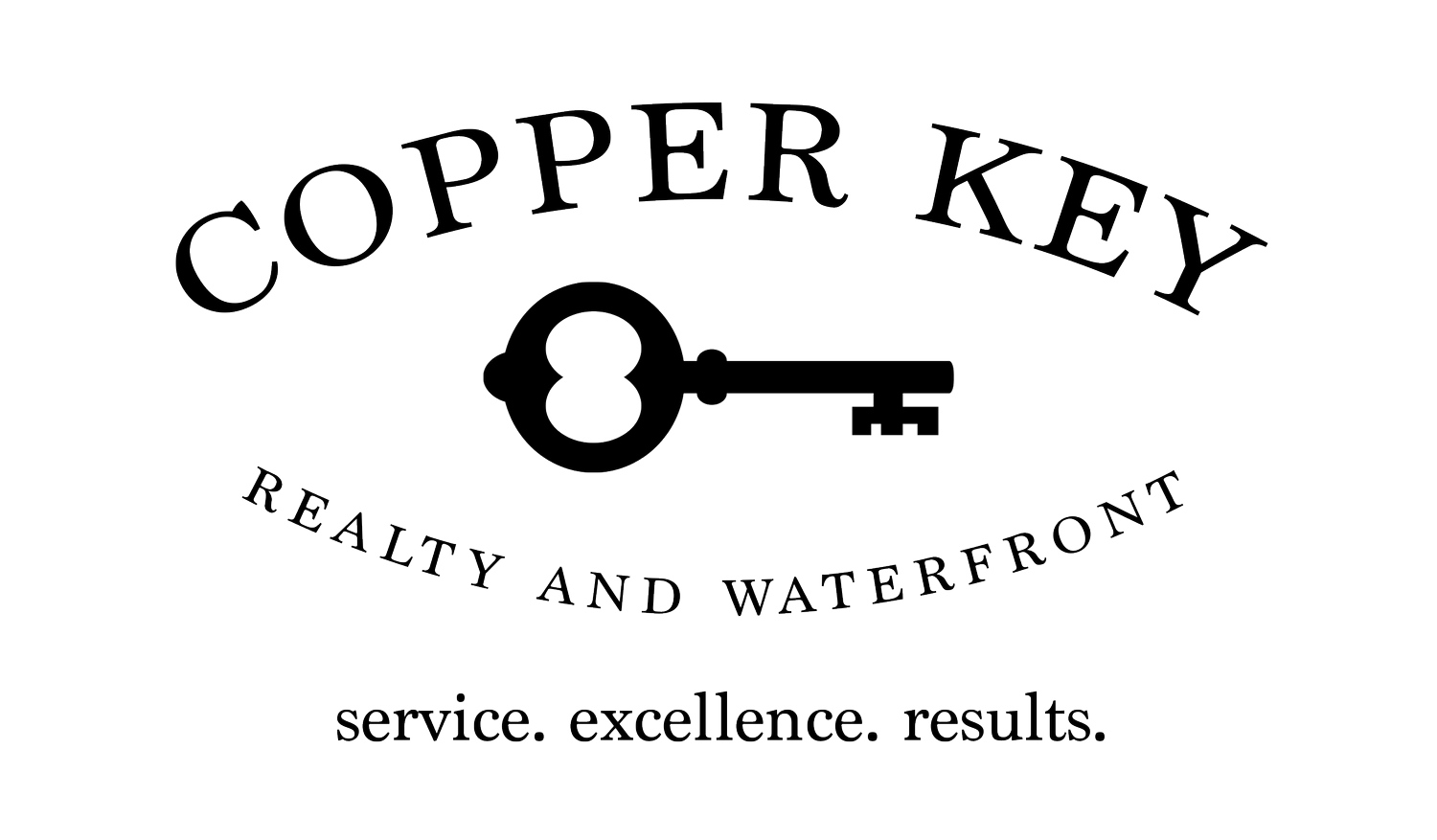Why You Should Insist on a Buyer Agency Agreement When Buying a Home
When I was a first-time homebuyer, I worked with a real estate agent who asked me to sign a Buyer Agency Agreement after showing me a few properties. Despite our good rapport, I felt a twinge of discomfort. What was the benefit for me? Was this just a way for the agent to gain an advantage? Like many consumers, I was wary of signing a contract I didn't fully understand.
What most Realtors don't explain clearly are the industry rules that govern their actions. Understanding these rules can give you, the buyer, a significant advantage. First, know that you have the power to determine the length of the agreement. If you want to test the waters with an agent before committing long-term, you can sign a contract for as little as a day or a week.
Many buyers avoid Buyer Agency consultations, perceiving them as sales pitches. Agents, sensing this discomfort, sometimes skip this crucial step. But the truth is, buyers have much to gain from a Buyer Agency Agreement.
In the past, real estate laws required both the seller's and buyer's agents to prioritize the seller's interests. Buyers had no dedicated representation – a clear disadvantage. Wisconsin recognized this inequity and created the 'WB-36 Buyer Agency/Tenant Negotiation Agreement' to allow buyers' agents to put their clients' interests first. Without this agreement, your agent is still legally bound to favor the seller.
Buyers often hesitate to sign, thinking the agreement only benefits the agent. While it does help ensure the agent receives the commission offered by the seller, this isn't at the buyer's expense. Consider the risks of not having a Buyer Agency Agreement: your agent could invest considerable time, effort, and resources into your home search without any guarantee of compensation.
The consequences of lacking buyer representation can be costly. If you ask the seller's agent to write an offer, they cannot tell you if the price is inflated. They must put the seller's interests first. Your Buyer's Agent, however, would alert you to an overpriced listing. Similarly, if you mention to your agent that you're willing to raise your offer from $135,000 to $140,000 without a Buyer Agency Agreement, they must disclose this to the seller. That's $5,000 off the table.
A competent Realtor will explain the buying process, disclose agency relationships, and let you choose whose interests they represent, as required by law. If your agent skips this step, consider whether they're qualified to guide you through such a significant purchase.
Before starting your home search, a good agent will sit down with you to discuss the process and even write a practice offer. This educates them on your needs and proves to sellers that you're a serious, prepared buyer.
The bottom line? Protect your interests and your wallet by insisting on a Buyer Agency Agreement. Don't let your agent represent the seller. A dedicated buyer's agent is your strongest ally in the home-buying process.
